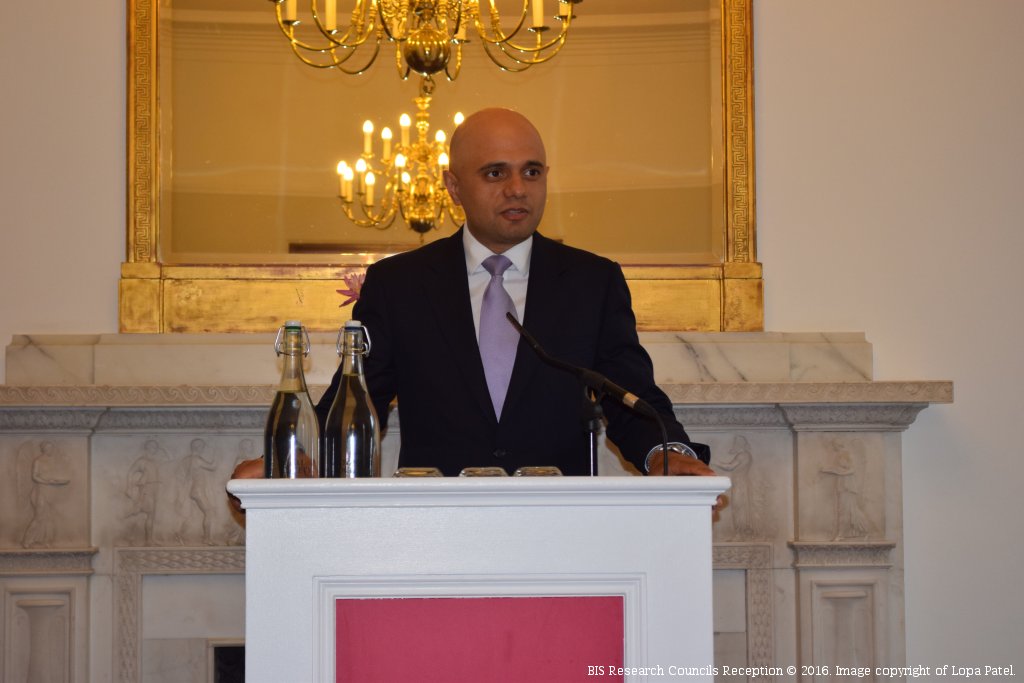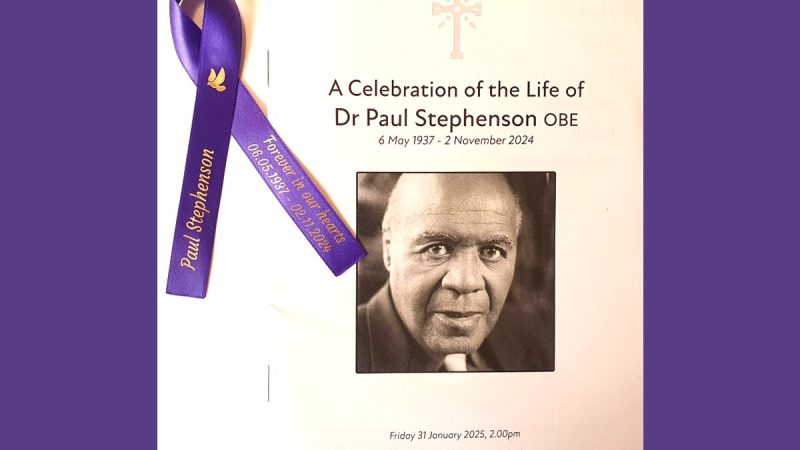BAME representation on Science Research Councils

The Department for Business Innovation and Skills (BIS) hosted a reception at the Royal Society on Tuesday 7th June 2016 aimed at encouraging under-represented groups to get involved as Non-Executive Directors of the governing bodies of science, research and innovation. BIS and its public bodies rely on expertise in science, research and innovation, particularly for governing bodies as they inform policy, strategy and priorities. Through this event BIS hopes to build on its existing network of professionals and introduced its upcoming opportunities. Attendees heard from The Right Hon Sajid Javid, Secretary of State for Business, Innovation and Skills; Jo Johnson, Minister of State for Universities and Science and Royal Society Fellow Professor Ottoline Leyser, Director of the Sainsbury Laboratory at the University of Cambridge.
About Research Councils
Research Councils UK are public bodies responsible for investing taxpayer’s money in science and research in the UK with the aim of advancing knowledge and generating new ideas which lead to a productive economy, healthy society and contribute to a sustainable world. Each year the Research Councils invest around £3 billion in research across all academic disciplines from medicine, physics and chemistry through to social science, economics and humanities.
There are seven Research Councils; all non-departmental public bodies sponsored by the Department for Business, Innovation and Skills. These are: Arts and Humanities Research Council (AHRC); Biotechnology and Biological Sciences Research Council (BBSRC); Engineering and Physical Sciences Research Council (EPSRC); Economic and Social Research Council (ESRC); Medical Research Council (MRC); Natural Environment Research Council (NERC) and Science and Technology Facilities Council (STFC). Together they support over 50,000 researchers including 19,000 doctoral students, around 14,000 research staff, and 2,000 research fellows in UK universities and in their own Research Institutes.
Each Research Council has a Governing Council (i.e. Board) which determines its strategic direction, holds the executive to account and makes key business decision. Each Governing Council comprises a Chair, Chief Executive and a number of Non-Executive Directors known as Council Members.
Vacancies to Research Councils are advertised on the Public Appointments website.
Success as a Knowledge Economy White Paper
The Government recently published a White Paper which details its planned policy to reform support for higher education and research, including proposals on the future of the Research Councils. ‘Success as a Knowledge Economy’ outlines how Government intends to take forward the implementation of the recommendations of Sir Paul Nurse’s Review.
The Research Councils will be working with Government as its proposals develop and will be focused on ensuring the successful and effective delivery of reform plans, together with our continuing effective and efficient support for research.
Professor Philip Nelson, Chair of Research Councils UK, said: “We are pleased to see the publication of the Government’s policy intent on reform and more clarity about proposed changes to the Research Councils. All of the Research Council Chief Executives and our staff will continue to work together collectively and in partnership with Government to deliver effective reform as plans develop. Throughout this period of change we will work with our research communities, stakeholders and staff to ensure continuing support for UK research.”




